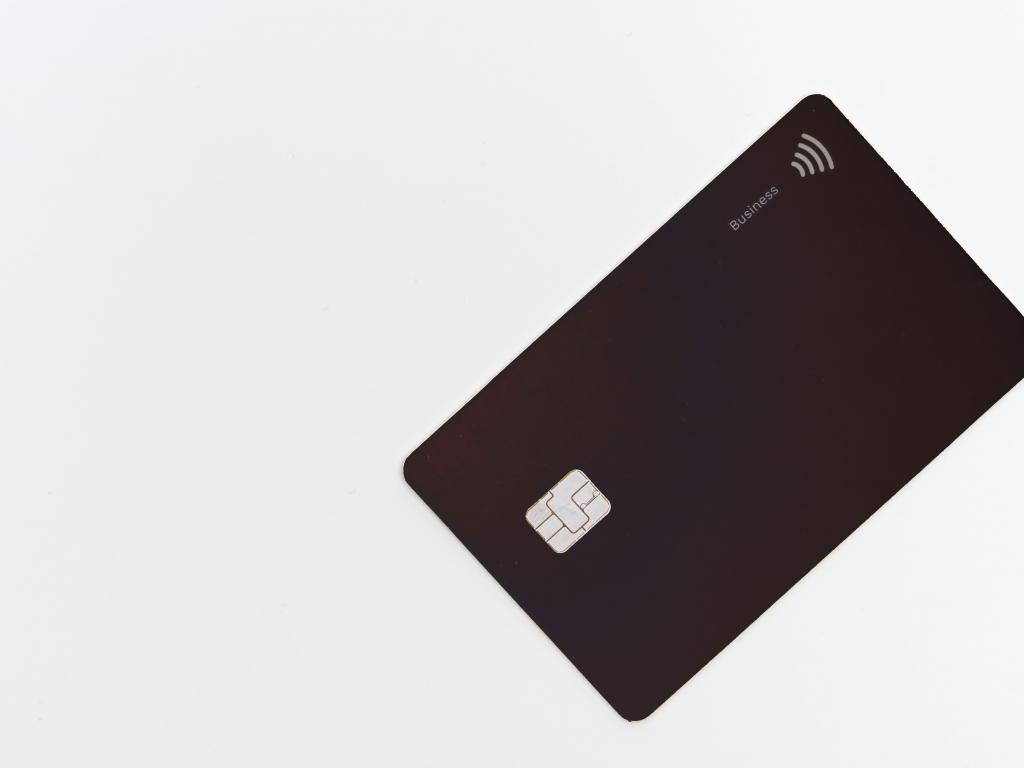Are Store Credit Cards A Good Idea During Holiday Shopping?
Author: AJ Fabino | November 23, 2022 01:40pm
It’s the day after Thanksgiving and you’re part of the Black Friday crowd rushing into to Best Buy Co Inc. (NYSE:BBY) to catch the latest deals it has on gifts that your tech-savvy friend or family member would love to have.
And, lucky you, Best Buy is offering up to half off on some of its tech products.
Then, the Best Buy employee scanning your items at checkout offers you an additional 25% off, or some kind of discount, if you signed up for the Best Buy store credit card. Would you do it? It’d be hard not to, right? Well, here’s why it may be better to not.
Read also: 4 Out Of 5 Parents Wish They Learned About Money As A Kid
Most store credit cards, like Best Buy's, can be used only at that particular store or retail chain. Also, they usually have incredibly high interest rates, and low credit limits.
High Interest Rates
If you carry a balance from month to month on a store card, the interest rate is often very high. That might cause you to quickly accumulate debt.
With a variable APR of 27.24%-29.99%, the Best Buy credit card offers one of the highest rates for a store card.
To avoid paying a lot of interest, Benzinga recommends that you always pay your bills on time and in full. Store discounts may sound brilliant, but if you credit more to your card than you can manage to repay by the due date, it will cost you more.
Low Credit Limits
A lower borrowing limit is a warning sign because it doesn't do much to improve your credit score, specifically if you're already using most of it.
Your credit utilization rate is a crucial component of your credit score. This is the ratio of the total credit you have available to your total credit limit.
For instance, if you have a shop card with a $300 credit limit and a $270 amount, your credit utilization rate is 90%, which is high. Having a credit utilization rate below 30% is often advised by financial professionals.
Limited Use
If you want to utilize the credit elsewhere, good luck. Using a store card at the issuing store is typically your only option. If you only want one credit card, it could be a bother to have another one because you'll need the credit for purchases made elsewhere.
The option to apply for a card backed by Visa Inc. (NYSE:V), Mastercard Inc. (NYSE:MA), or American Express (NYSE:AXP), which you may use anywhere those cards are accepted, may be offered by some retailers.
Although there are few exceptions, these retail cards backed by major credit brands often offer little to no rewards on purchases made outside of the store.
Final Thoughts
Store cards may have disadvantages, but that doesn't imply they're always a bad choice. After all, they are a popular way for big-box stores like Target (NYSE:TGT), Amazon.com Inc. (NASDAQ:AMZN), and Walmart (NYSE:WMT) to reward loyal customers.
The advantages of store cards may be something you want to reap the benefits of if you're a responsible cardholder.
A store card may appear appealing if you're trying to establish or restore credit because they frequently have more lenient credit score restrictions, but secured credit cards may be a better solution.
Read next: Should I Downsize To Save Money?
Photo by Markus Winkler on Unsplash
Posted In: AMZN AXP BBY MA TGT V WMT





